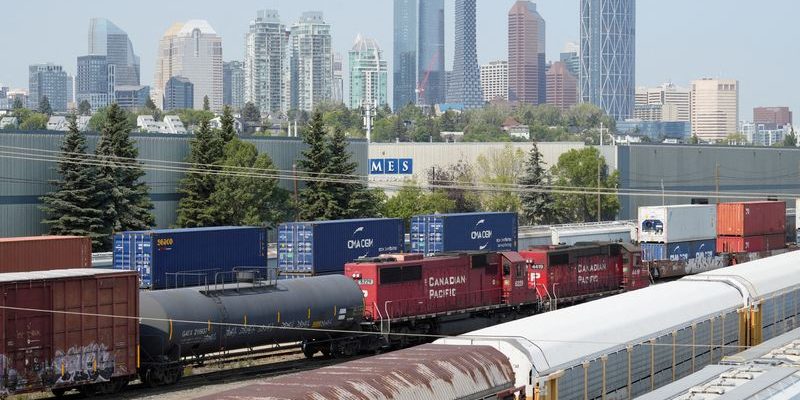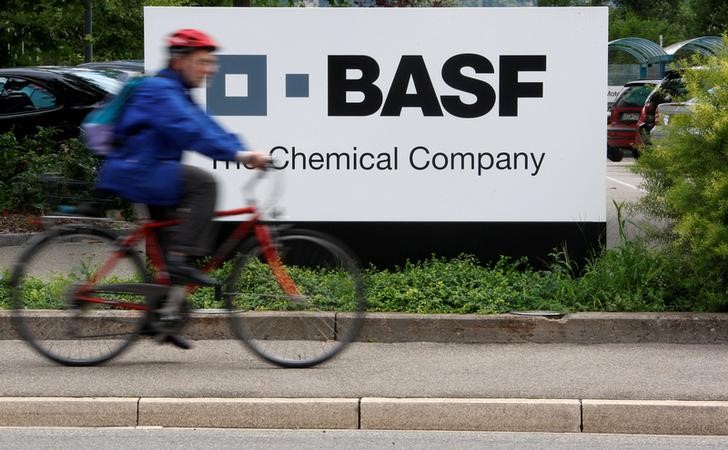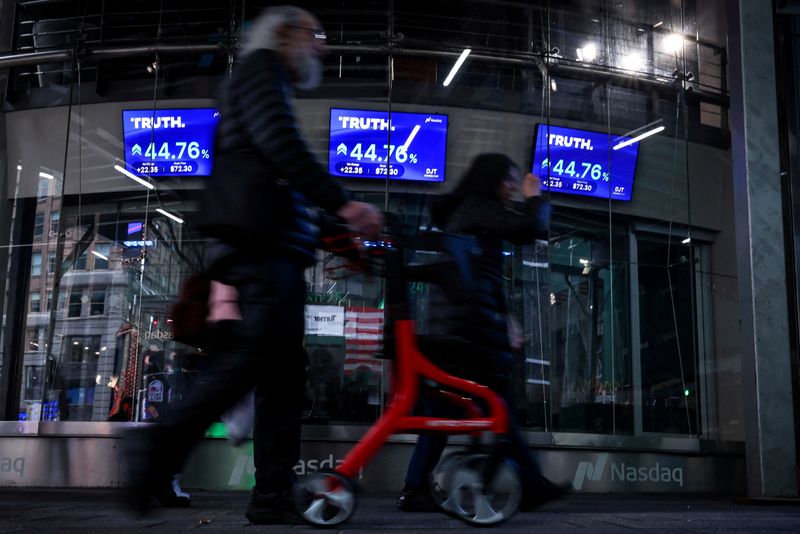
By David Ljunggren and Anna Mehler Paperny
OTTAWA (Reuters) -The union representing workers at Canada’s two main rail companies said on Friday it had filed court challenges against rulings by the country’s industrial labor board that forced them back to work.
On Saturday, the board accepted a request from the government to order more than 9,000 Teamsters members back to work at Canadian National Railway (TSX:CNR) and Canadian Pacific (NYSE:CP) Kansas City and to impose binding arbitration.
The union had already said it would appeal the rulings on the grounds that they were a win for the railways and could lead to the imposition of future contracts, eroding workers’ bargaining power.
“These decisions, if left unchallenged, set a dangerous precedent where a single politician can bust a union at will,” said Paul Boucher, president of the Teamsters rail union.
“The right to collectively bargain is a constitutional guarantee. Without it, unions lose leverage to negotiate better wages and safer working conditions for all Canadians,” he said in a statement.
The legal challenges – which could take years to sort out – are unlikely to impact the Teamsters dispute but could set a precedent for future labor issues.
When Labour Minister Steven MacKinnon referred the matter to the board, he cited powers the country’s labor code gave him. The union says this infringed their rights under Canada’s Charter of Rights and Freedoms and that the board had acted unreasonably.
Bruce Curran, an employment law expert at the University of Manitoba, said the Teamsters’ argument had a decent chance of success, noting the union was arguing Ottawa had overstepped the mark in the way it had used the labor code.
The court “likely will have the option of narrowing the kind of circumstances in which they can use this in the future,” he said in an interview.
The union filed the challenges in the Federal Court of Appeal and asked that the proceedings be expedited. However Canada’s justice system is famously slow-moving and whoever loses the appeal is likely to take it to the Supreme Court, which means the case could take years to resolve.
In an emailed statement, CN Rail said arbitration was a neutral process that did not favor one party over another. CPKC declined to comment.
MacKinnon’s office did not immediately respond to a request for comment. He has previously said he is confident his referral to the board would survive a court challenge.
The two companies locked out the workers earlier this month after talks failed to produce a new labor deal.












